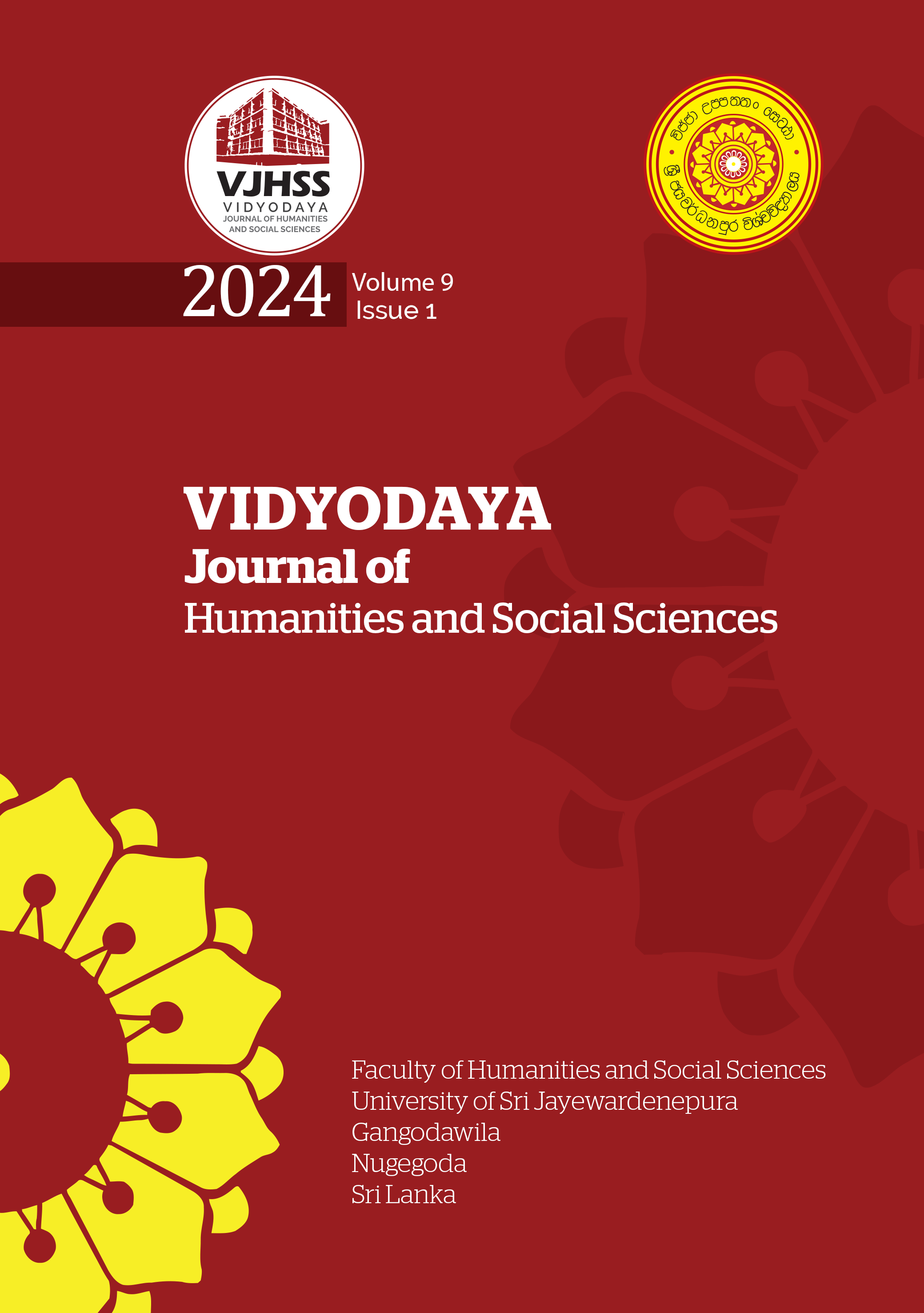A Comparative Study on the Notion of Alienation in Buddhist and Existential Philosophy
Abstract
The issue of alienation arises when subject and object are confused in today's environment. Significant advances in science and technology have given rise to this problem. The concept of alienation was clarified in modern times by philosophers like Karl Marx and Hegel. The idea was later investigated in greater detail in the twentieth century by the schools of phenomenology and existentialism, which featured theorists like Martin Heidegger and Jean-Paul Sartre. Many authors have discussed alienation in their works. Buddhism and existentialism have recently raised awareness to this problem. Existentialism and Buddhism both address comparable questions about life, even if they developed in separate historical periods and with distinct approaches. In existentialism, the dissociation of humans from their own existence or identities is referred to as alienation. Individuals reflect on themselves as the lost things among the crowd. A feeling of meaninglessness is brought about by life events like boredom and anxiety. Buddhism views the issue of estrangement as a means of comprehending human suffering. To end life’s suffering, one must identify its source. The three main causes of suffering in life—craving, hatred, and ignorance—have been discovered by the Buddha. He has also discovered the three roots of happiness in life, which are non-ignorance, non-hatred, and non-greed, in opposition to these three factors. These two philosophies aim to liberate people from all forms of enslavement. This paper aims to bolster the Idea that the central idea of both Buddhism and existentialism is the consciousness of oneself as a real person.



